![[p14_fuerza.jpg]](https://blogger.googleusercontent.com/img/b/R29vZ2xl/AVvXsEjmPHOHhyiVvQ1c1ndboz7NXvoFpzkvqvlwQQqwTQlWYDQCI_UHB9OUVpyHW61f-YqhGluQaKHXnsYoHcinaOD9pb-k2vzNTQoCar_4a3AUS4FftA_SzOoQnaY3r3JnV812zET0Nt6uRlc/s1600/p14_fuerza.jpg) What does it mean to be Bolivian? From a tourists point of view there are the dramatic mountainous landscapes scaling over 7000 m, the traditional music with windpipes and symbols, the costumes brought out for special occasions which can be worth over $20 000 US with the amount of gold they contain and the dances that accompany them. There are the strange looking religious symbols from before the Spanish brought Jesus to them, the stories or if you're lucky the live viewing of Llama sacrifice and the intriguing coca leaf sold by the little old lady hand made clothes on the corner.
What does it mean to be Bolivian? From a tourists point of view there are the dramatic mountainous landscapes scaling over 7000 m, the traditional music with windpipes and symbols, the costumes brought out for special occasions which can be worth over $20 000 US with the amount of gold they contain and the dances that accompany them. There are the strange looking religious symbols from before the Spanish brought Jesus to them, the stories or if you're lucky the live viewing of Llama sacrifice and the intriguing coca leaf sold by the little old lady hand made clothes on the corner.Looking a little deeper from some conversations and little reading it seems that the 80% of Bolivia's with pure indigenous blood have been subjected to heavy political and social discrimination for 500 years. Right up until the current president Evo Morales the first indigenous president since colonisation it was normal for indigenous people to change there clothes to enter the city to be served in stores and avoid racism. Parents told there children that "I don't want you to suffer like me, you have to abandon our language and customs and have a European education" to have a chance of a life without discrimination. People were told to go elsewhere to make there purchases for speaking there native tongue to people who they knew understood the language but had turned there back on it. A little further back speaking of a god other than a Christian one carried the death penalty.
Colonisation has been a tough process from the early 1500's up until 7 months ago was ploughing ahead regardless of the human cost. The election of an indigenous leader for the first time has struck fear in the hearts of those perpetuating the image that to be indigenous is a bad thing all the way to the White House who have called Morales everything from a drug barren to a dictator. Despite this many people see hope with his efforts to bring indigenous languages and customs into formal education and to make economic reforms to end servitude of the people and lands of Bolivia. They have made efforts to nationalise resource industries the most important of which is their natural gas which is one of the biggest reserves in the region. They also have valualble minerals and petrol which have been extracted since the land was called Alto Peru with minimal benifit to the people. The most obvious example is the former richest and most populated city in the world Potosi which is a poor city with little infrastrucure to show for its boom.
Morales wants to give dignity to his people and help them to be proud of who they are and where their customs come from. This has led to a call for independence from the region of Santa Cruz where the population claims to be more European than Bolivian and oppose the constitutional changes proposed by Morales.
The integration of Venezuela, Bolivia, Cuba and Ecuador in a new body called ALBA (Alternativea Boliviarna for Latin America) as well as the revitalising of Mercasaur and other regional economic and social networks. The creation of Banco del Sur, an alternative source to the World Bank for aid funding is another worrying sign for Washington's control over the region which they has been maintained politically through various clandestine operations and economically through tied aid deals and corrupt business dealings. Perhaps even more threatening is the shift in thinking towards a socialist society away from the dreams of free market capitalist competition. People all across the region have lost faith in its ability to improve there lives after many years of painful reforms which brought a flood of foreign companies and a jump in prices with no benifits to the average worker.
Morales is a key figure in this shift speaking a little more quietly about the flaws of Bush and his men than his roudy Venezuelan friend but with no less determination to change his coutries future and restore pride in what it is to be Bolivian.



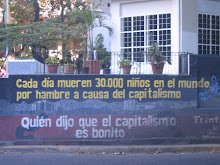
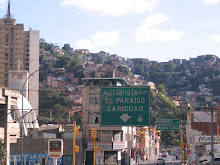



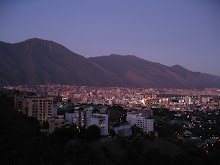
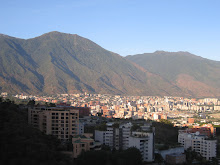

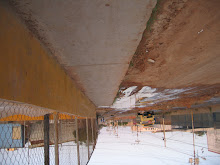
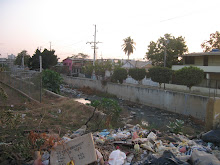
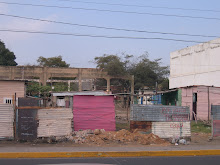
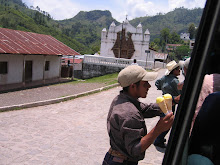

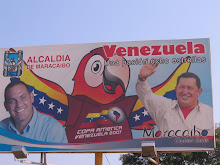
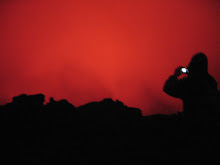


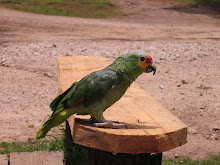
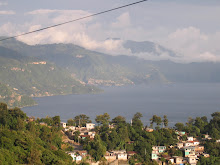
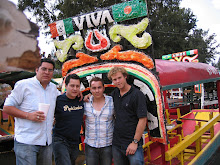
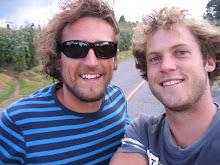
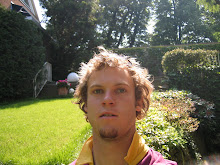
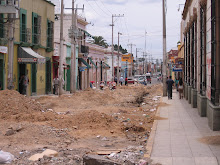


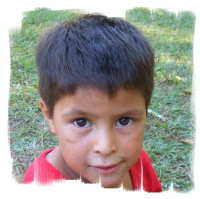

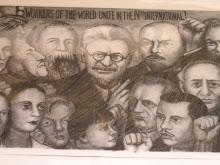



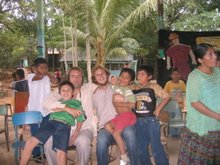


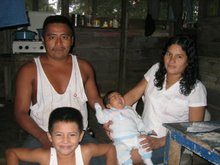
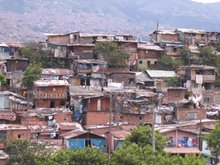
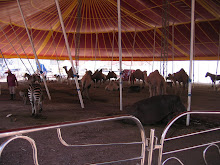
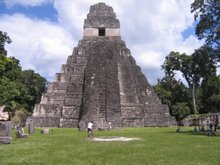

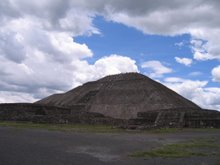
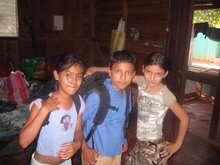
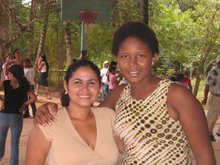

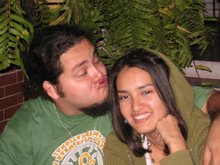
No comments:
Post a Comment